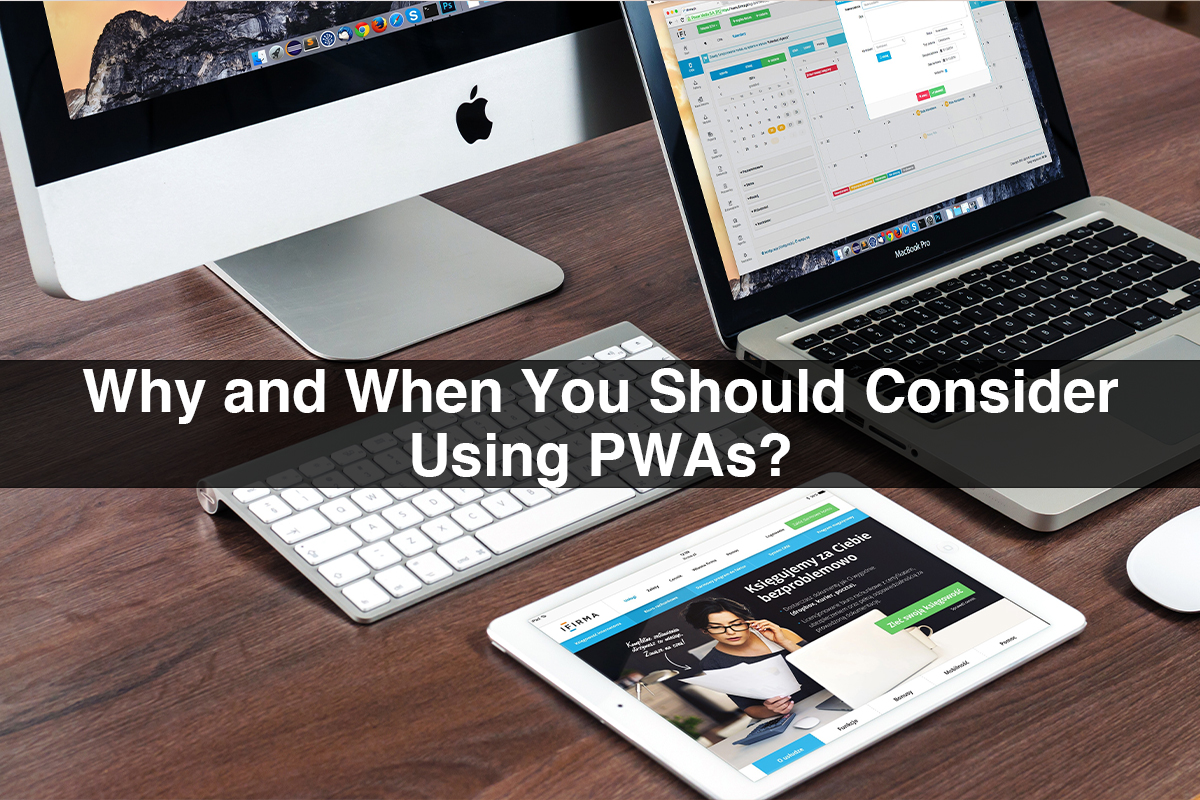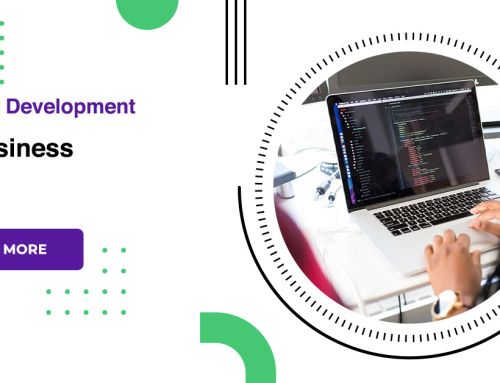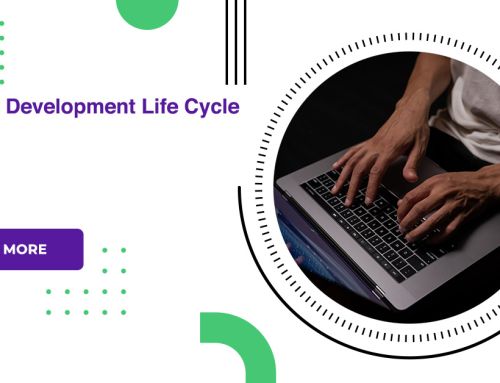Why And When You Should Consider Using PWAs?
The progressive web app (PWAs) is a type of web application that uses the emerging web browser API along with traditional progressive enhancement strategies to have a User experience similar to the native app on the cross-platform web app. They have a useful design, Patten.

The requirement to be a PWA
For PWAs it must have some technical features such as HTTPS (secure contexts), Service Workers, and a Manifest file. Let us discuss all of them
HTTPS-Hypertext Transfer Protocol Secure
Your web app must be served over a secure network that follows the certain minimum standards of authentication are to be met. The primary goal of this is to prevent the MITM attackers from powerful API which further compromises an attack of the victim. Being a secure site is a best practice and makes your application a trusted one for many private uses such as secure transactions, etc. Most of the PWAs features such as geolocation and service workers are made been available only it is loaded using HTTPS.
Service Workers
It is a script that allows the control and intercepting of how a web browser handles its asset caching and network requests. It essentially acts as proxy servers between a web browser and a web application. It also provides the access to background Sync API and push notification. With the use of the service workers the developer can create web pages and other offline experiences in a faster way.
Manifest file
The JavaScript Object Notation (JSON) file makes your app discoverable and controls how it must appear to the user. It is responsible for the start ULR, icon, and name of the app, and all of the other necessary details for transforming the web into an app-like format.

Why use PWAs?
The progressive web application provides some key principles which make it to be more useable
- Discoverable – The PWAs content can be available through the search engine
- Installable-as a web app it can be installed without any app stores in the home screen or app launcher.
- Linkable– it can be shared by sending the URL, and anyone can install it in with that URL.
- Network independent– It has the ability to work offline and even in a poor network connection.
- Progressive– It can be used in any version of the browsers and new functionalities can be achieved with the latest browsers
- Re-engagement– it provides re-engagement of the users with the latest updates and with new content. The Web Push API helps in sending updates and Notification API for generating system notification.
- Responsive– with help of technologies like media queries and viewport it makes fit for any form factors such as a mobile, tablet, desktop, and much more.
- Safe– With the advantages Of HTTPS, it provides a secure delivery mechanism that prevents snooping.
When to choose a PWAs?
- If you need to develop a cost-effective application.
- If you have good web development skills comparing to mobile development technologies.
- If you need a faster time of delivery in the market.
- If you like to get an enriching of apps with the browser API functionality.
- To get a unified codebase to run all the available platforms and to have a frontend framework, and much more.

Conclusion
The PWA is an interfere between a native and a hybrid app. It provides some additional and long-term benefits comparing to the native app, and it does not depend on a single API which tends to produce the best web experience. The key ingredient in the PWAs service worker support and other features such as manifest, add to the home screen, push notification are been supported by many browsers. The development of PWAs will be much easier with a team of web developers.









